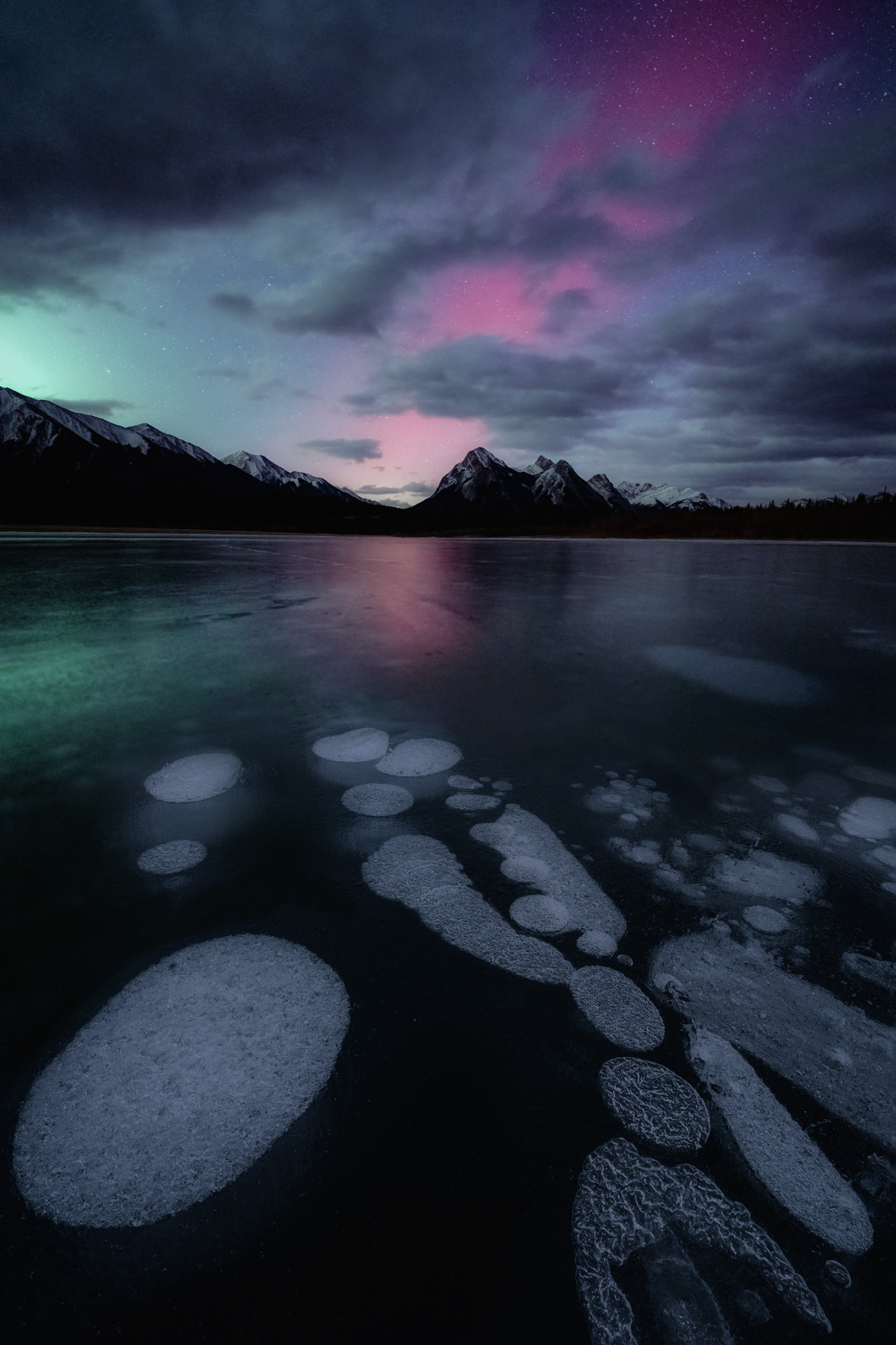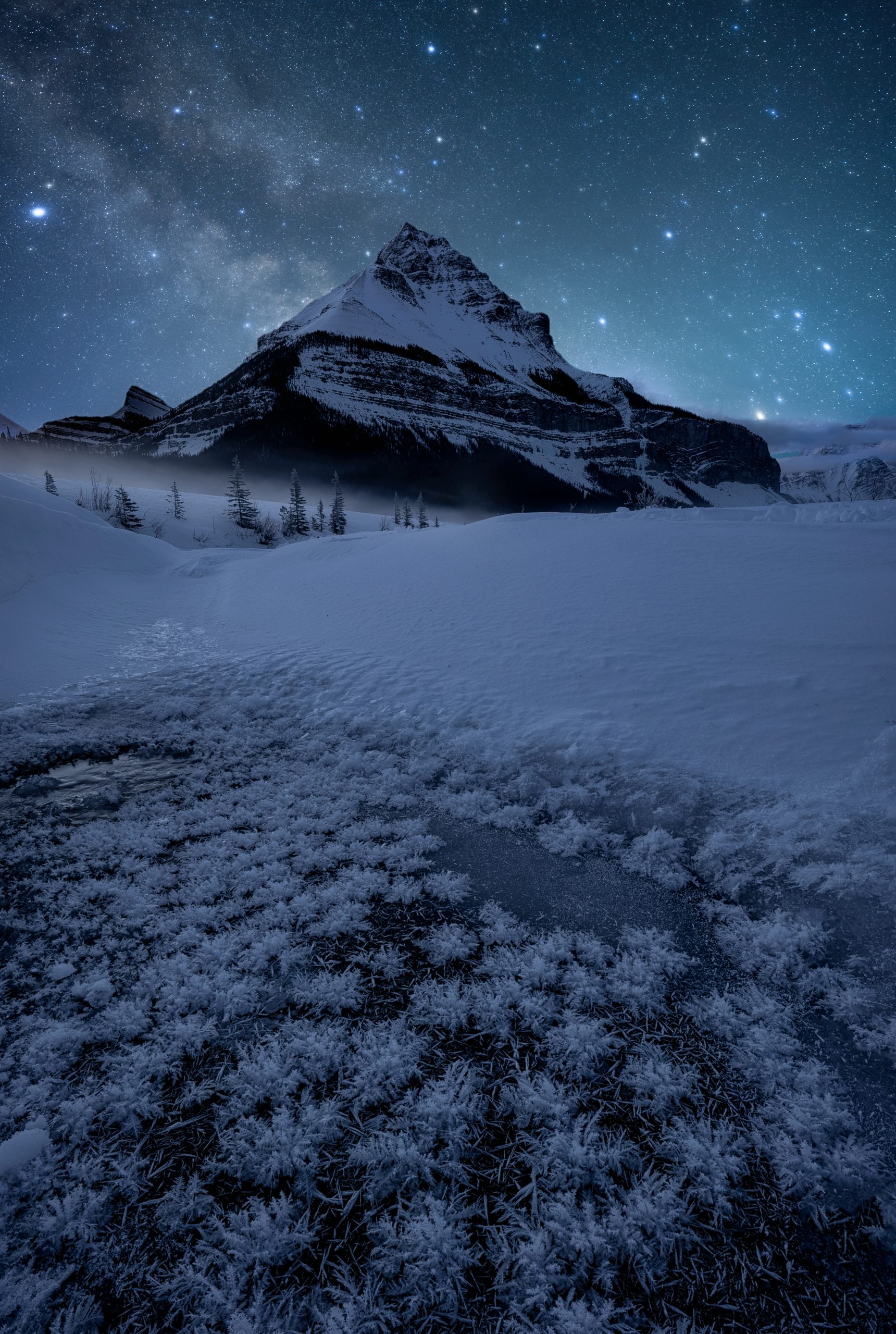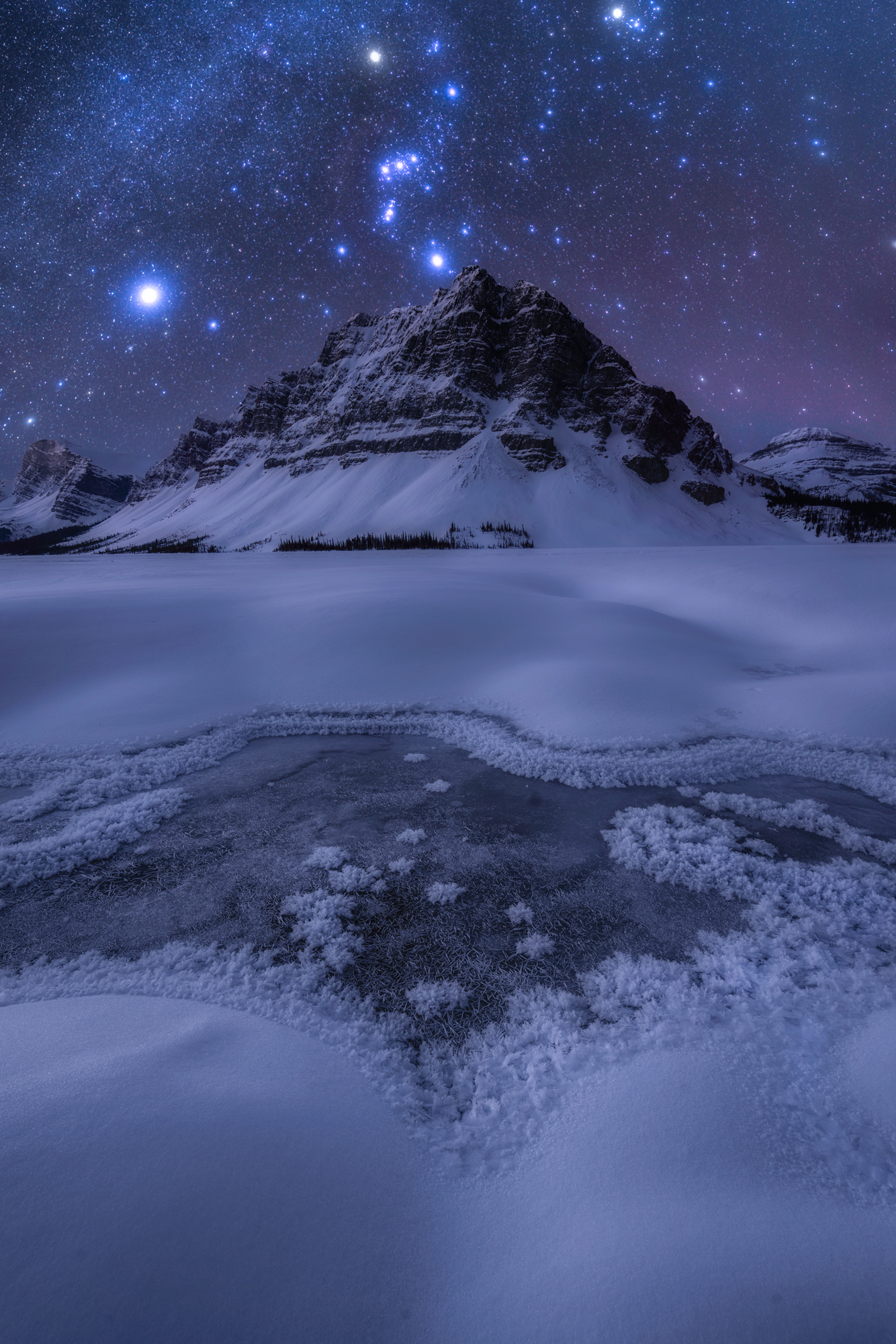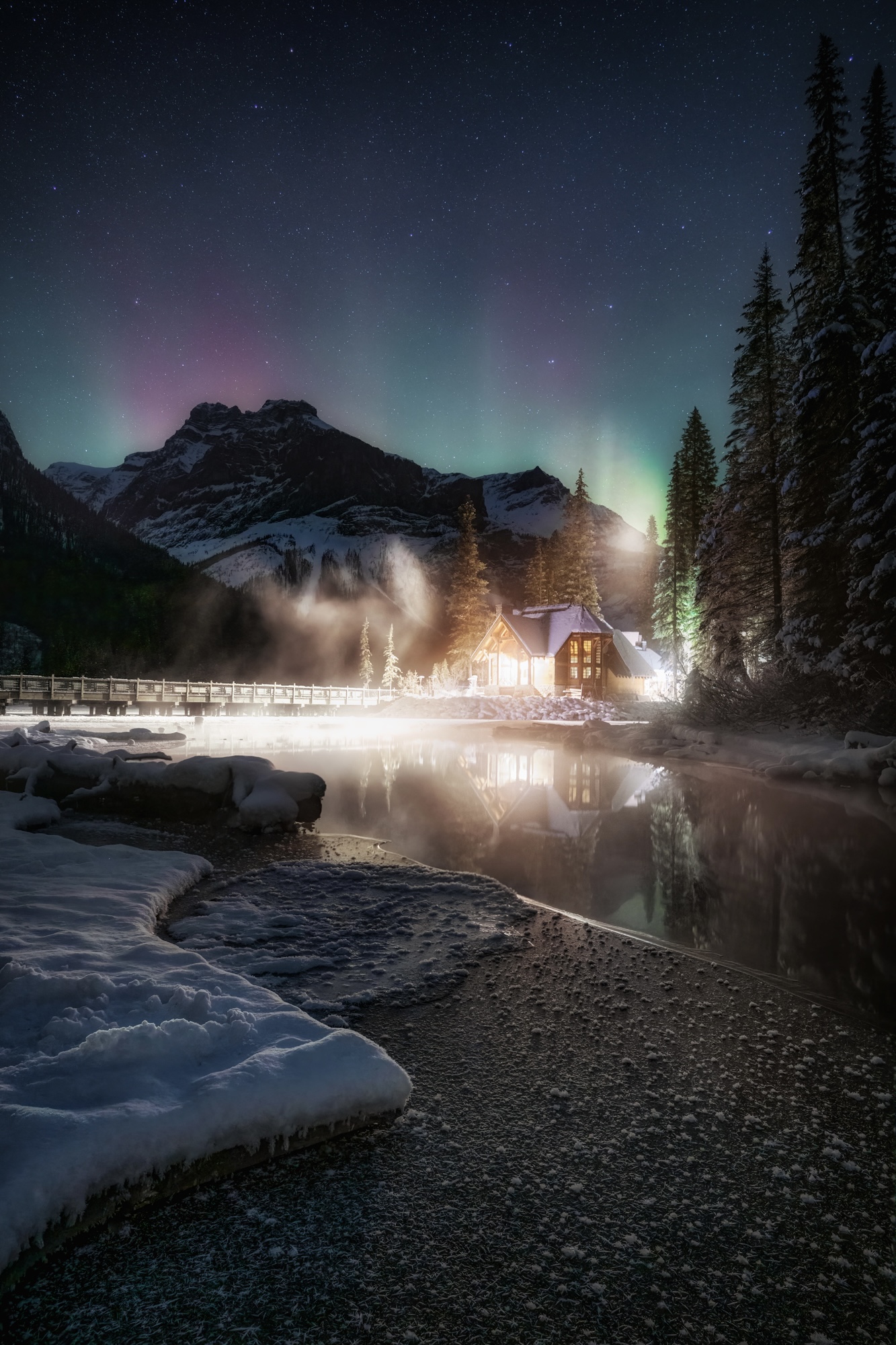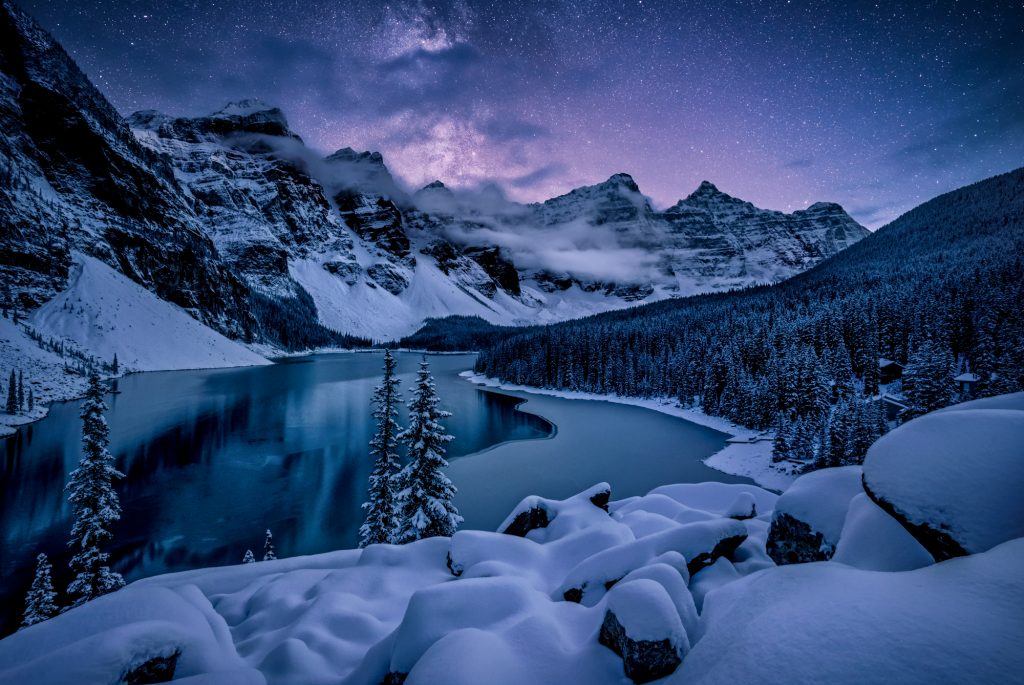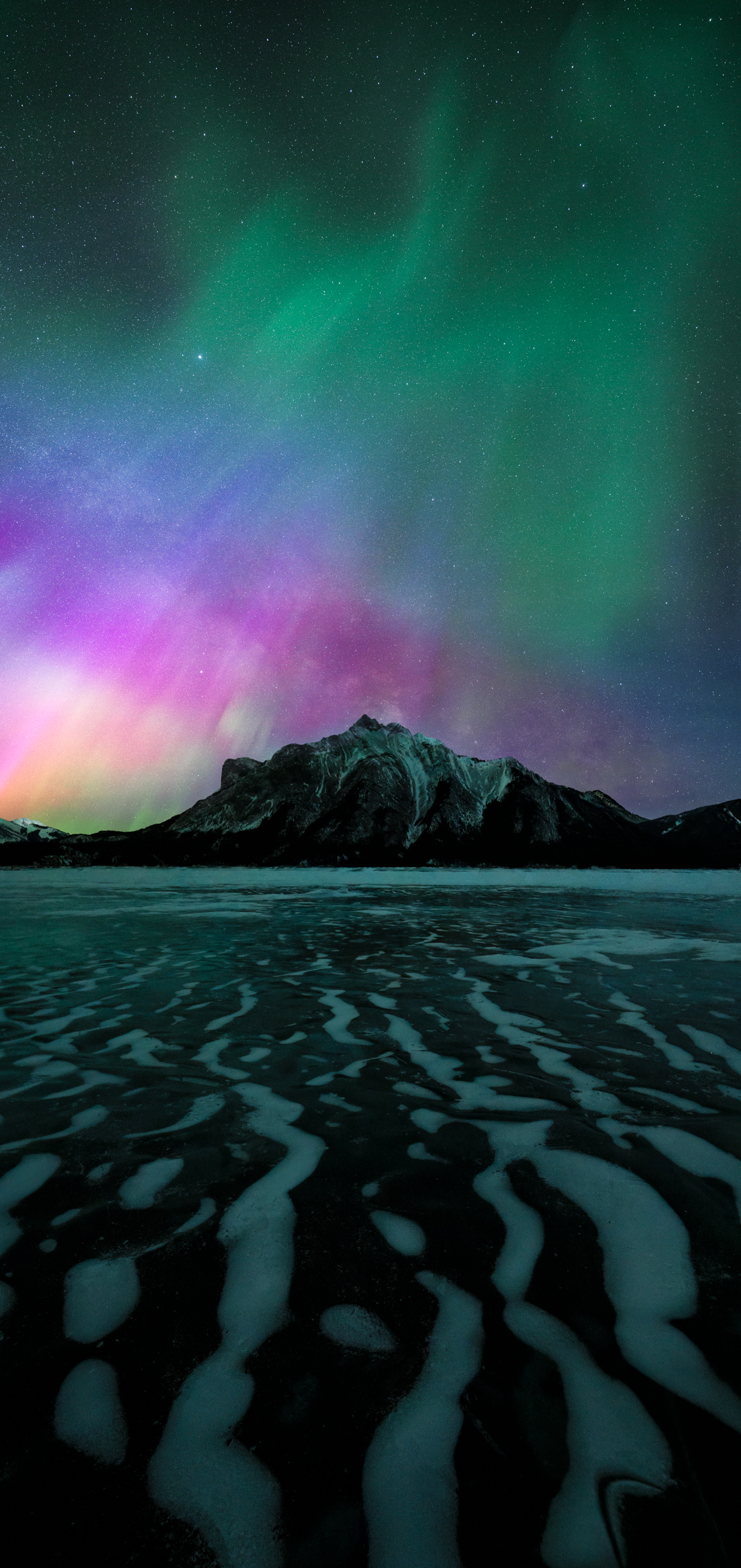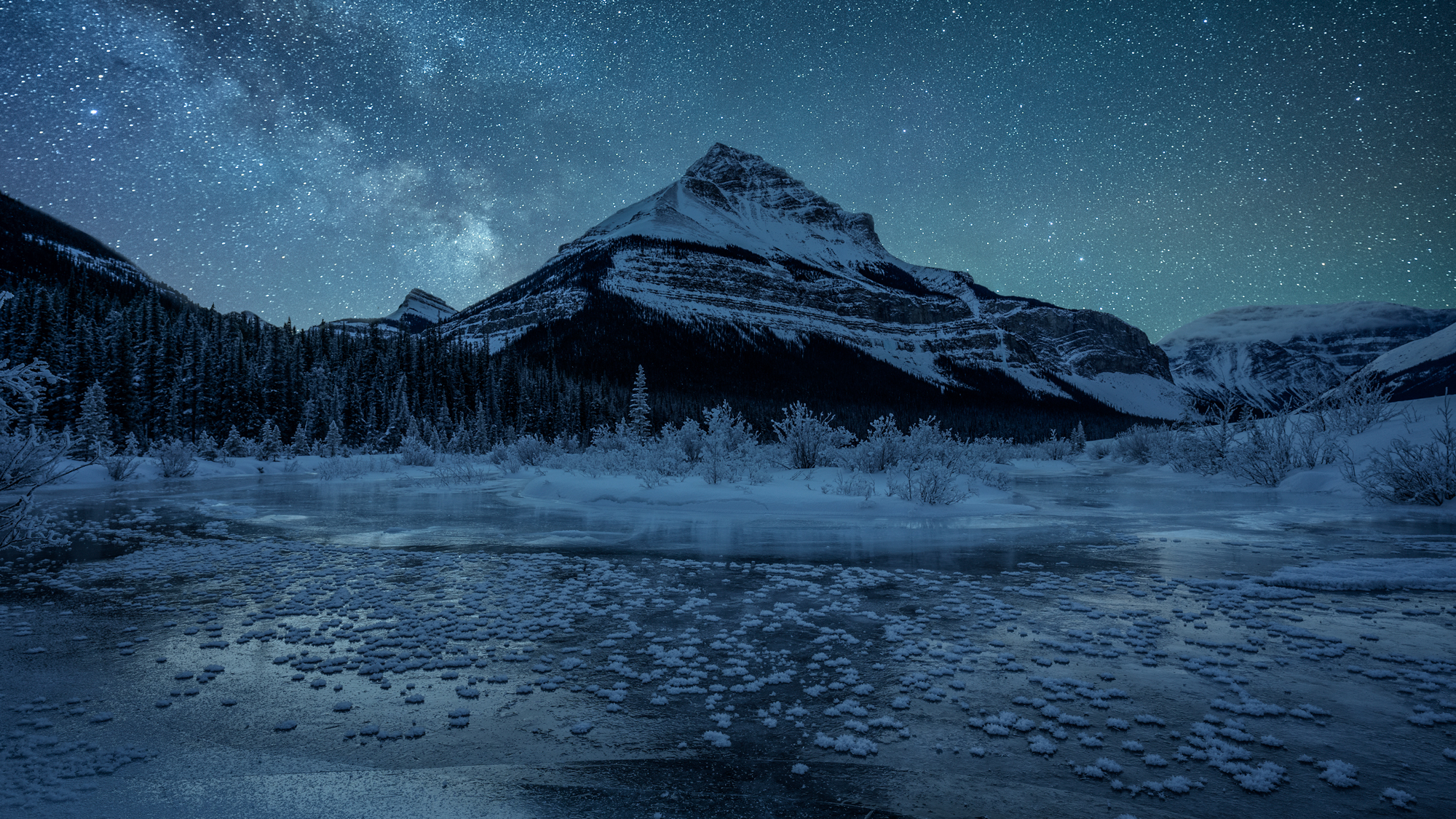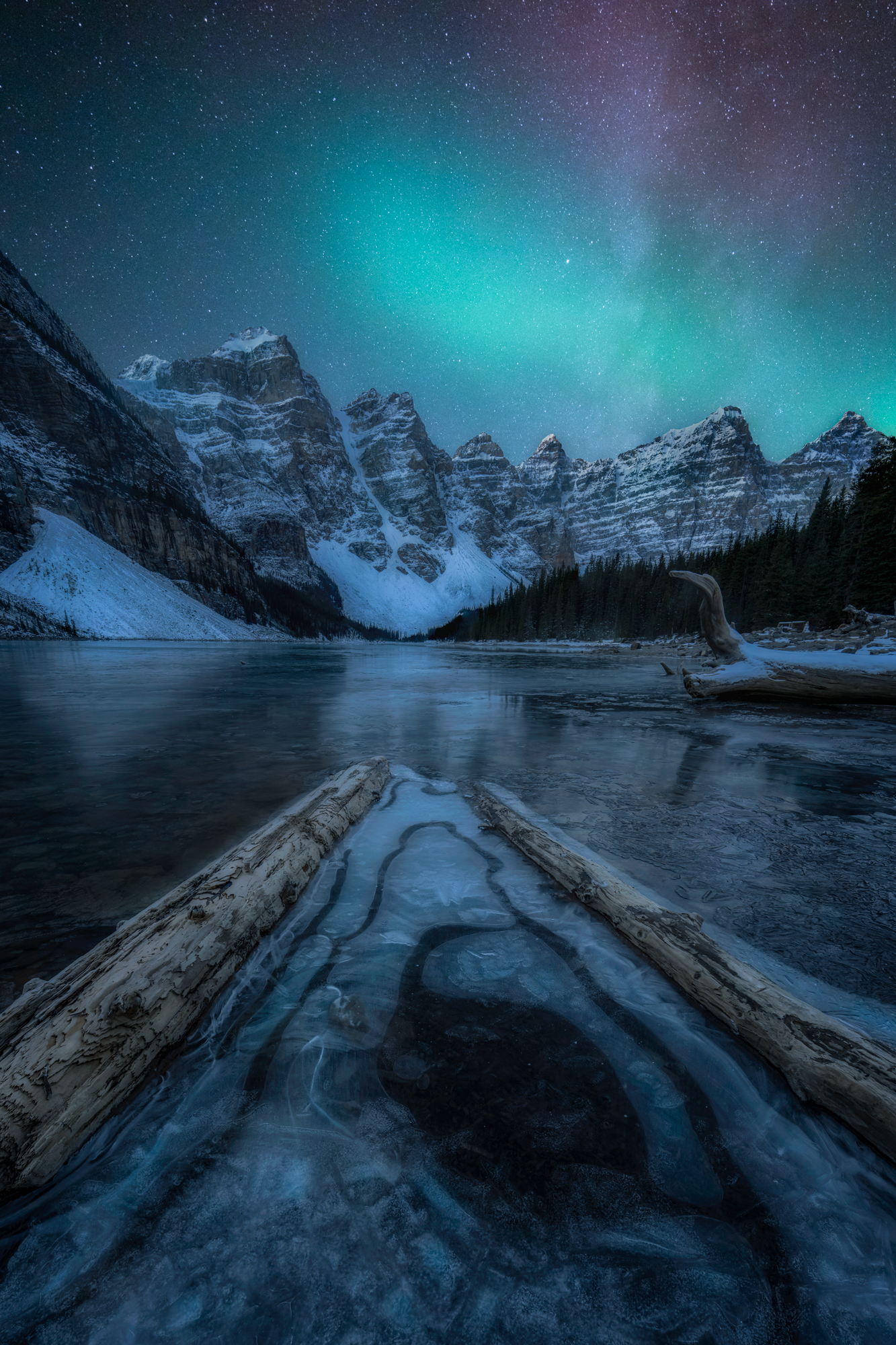
The Great Milky Way & Aurora Chase!
Workshop Dates
Let the adventure begin!
- March 21-27, 2025 (2 spots open)
- March 12-18, 2026
- March 20-26, 2026
There are few natural phenomena that capture the imagination as much as the northern lights. For most landscape photographers, photographing the aurora is a bucket-list shot.
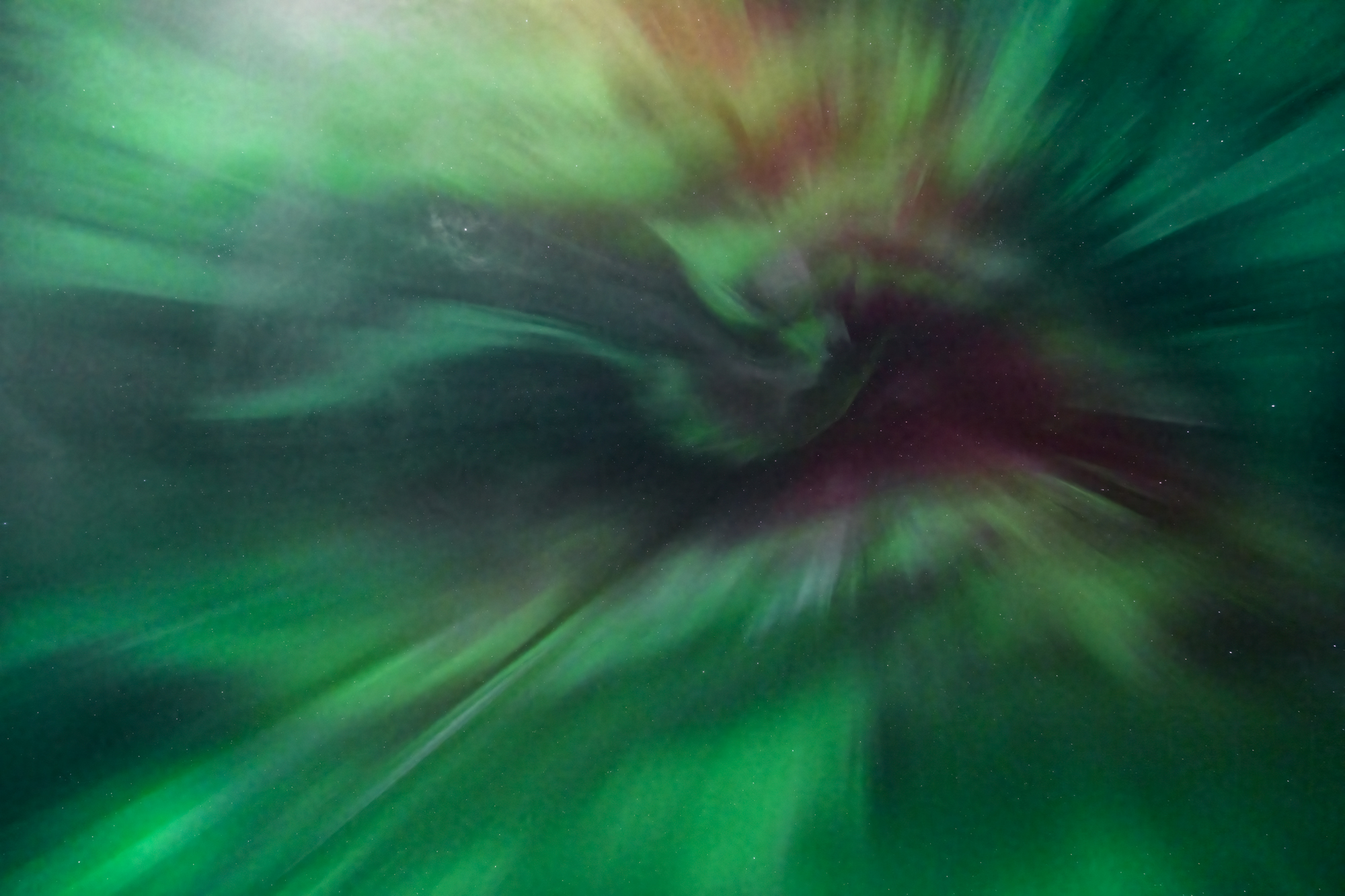
However, predicting (and photographing) the aurora is tricky business. There is a lot of science behind understanding the activity of the sun, and how that solar activity interacts with the earth’s geomagnetic field to produce the northern lights. Knowing when an aurora is likely to happen is only part of the equation, however. You also need to know how to find clear skies, locations where you are most likely to see it, and how to capture the ever-changing light as it dances across the night sky.
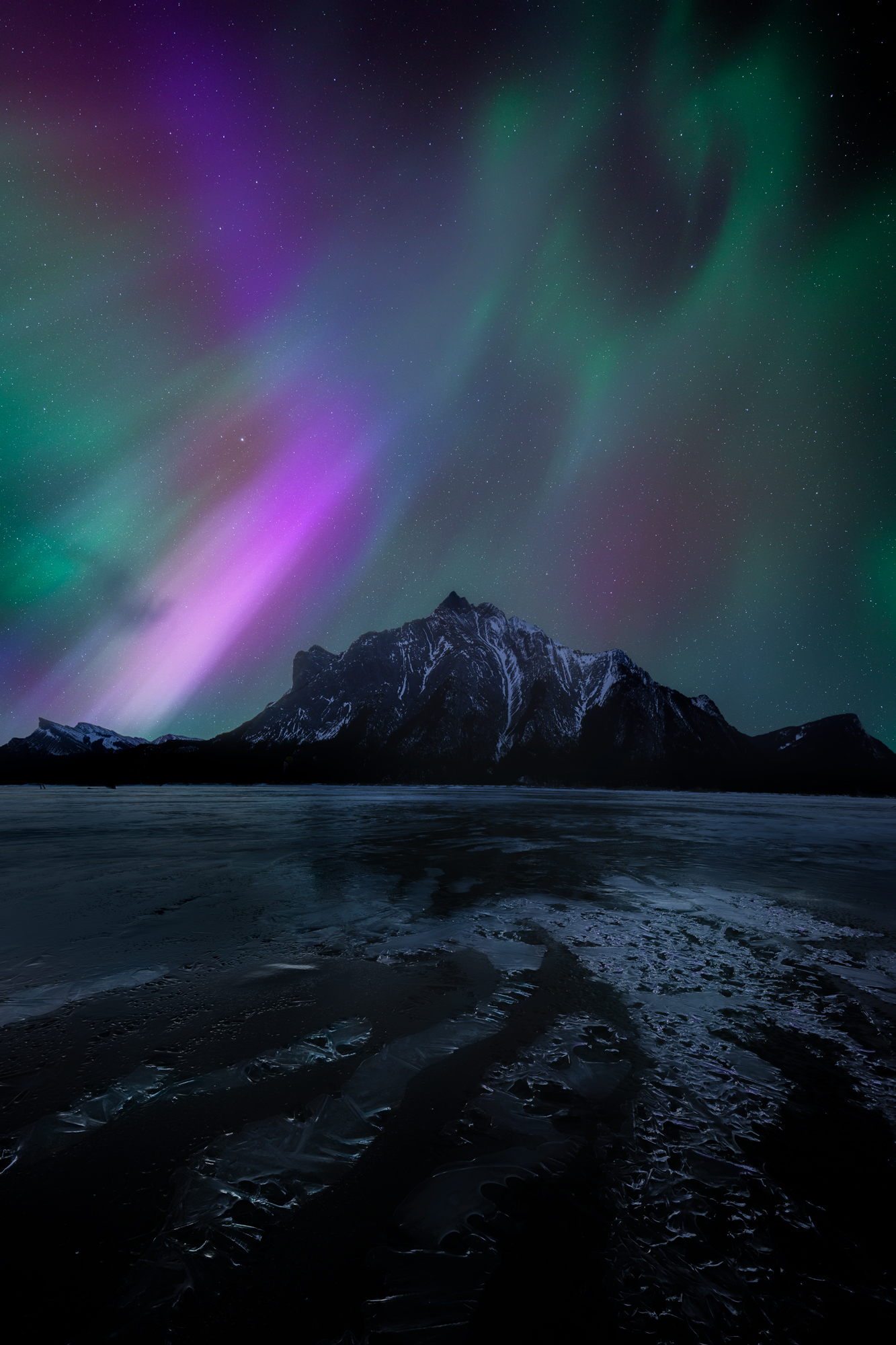
Spring is the best time of year to see the aurora! That is not just because we have snow on the peaks, or reflections in the lakes during early spring. NASA researcher and solar physicist David Hathaway has demonstrated that spring is one of the most geomagnetically active periods of the year, due to the spring (vernal) equinox. During the vernal equinox, the angle of the earth in relation to the sun allows more solar winds to pass through the geomagnetic field: It is the interaction between the charged solar particles (carried by solar winds) and particles in the earth’s atmosphere that create the beautiful displays of dancing lights.
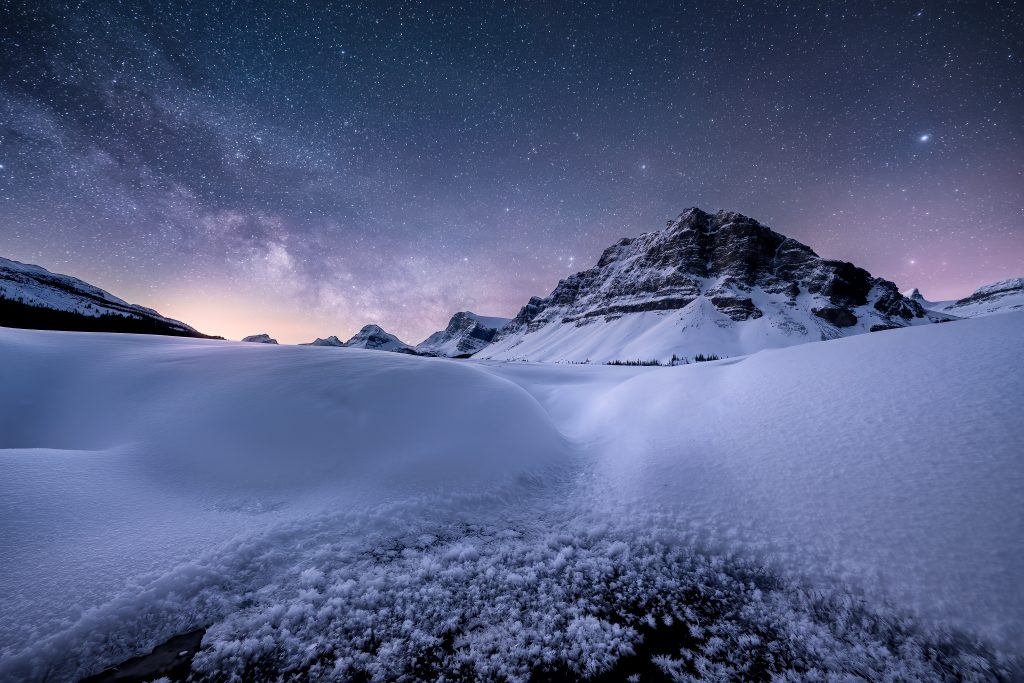
The aurora is not the only thing to photograph in the beautiful March skies! March is also the early season for Milky Way shooting! The galactic centre of the Milky Way can be seen and photographed for about an hour before sunrise in the Canadian Rockies.
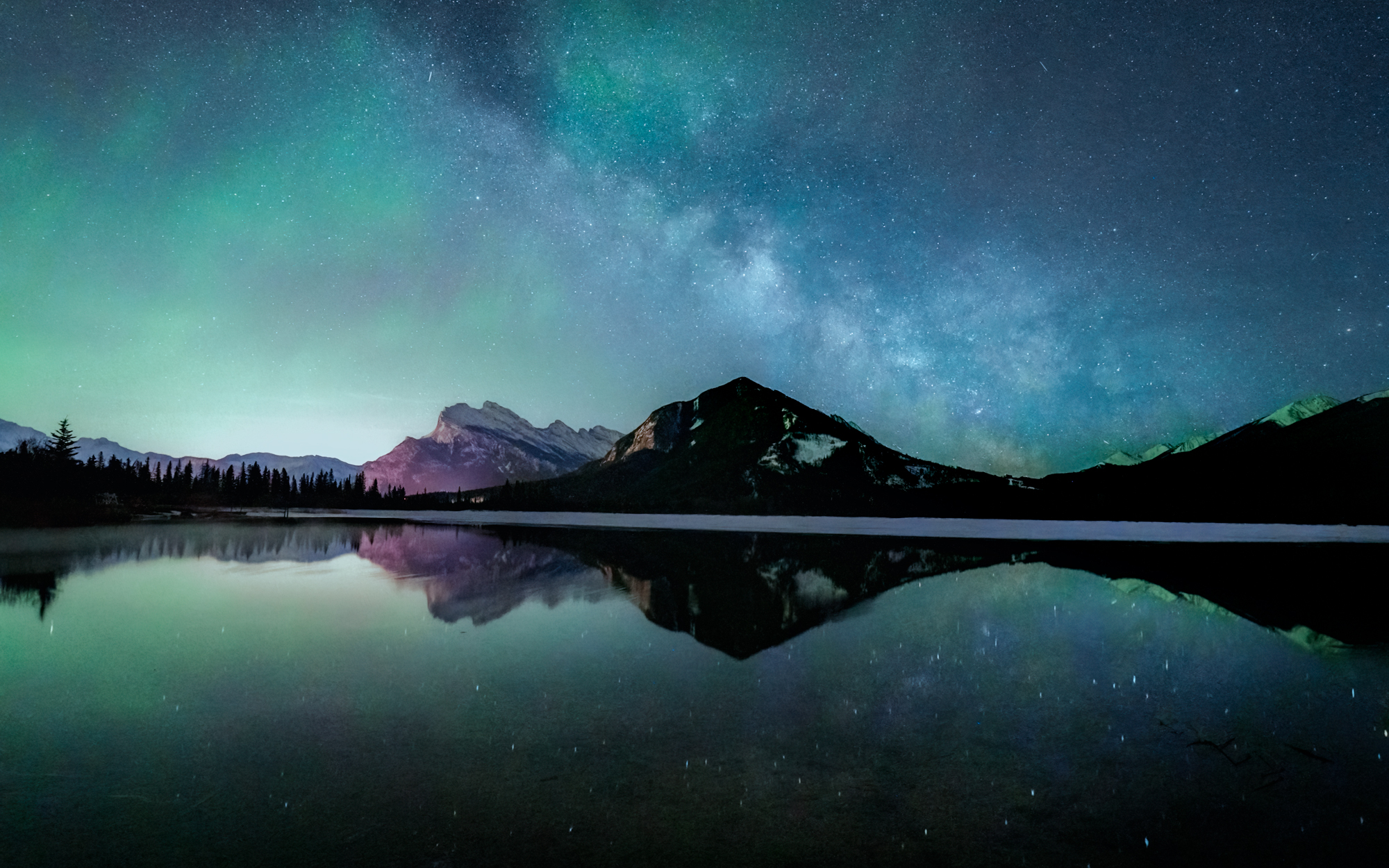
And, in the early evening, the winter constellation of Orion is still visible in the early hours of the night. The culmination of aurora borealis, Milky Way, and Orion shooting make this workshop a night photographer’s dream come true! Whether you are new to capturing the night sky, or a seasoned veteran, I will guide you step by step in getting to the right place at the right time, planning and composing the shot, as well as guide you through how to capture and process your images with technical precision.
What to expect
We will shoot from sunset to sunrise, and sleep during the day. Even if we do not get to see the aurora every night, there will be plenty of opportunities to hone your night shooting skills!
There will be very little moonlight which means we will get to shoot bright starry skies. And, as we wait for the aurora, we can photograph the Milky Way and Orion!
Accommodations & Transportation
The Great Aurora Chase photography workshop includes transportation from the Calgary International Airport.
We will use the iconic Emerald Lake Lodge as our home base for the Canadian Rockies Photography Workshop. This is my favourite ‘home away from home’ in the winter months. The staff are warm and accommodating, the food is delicious, and you can step outside of your cabin to get a world class photograph of the Canadian Rockies.
Weather
March is a unique time of year in the Canadian Rockies, as the mountain region slowly transforms into spring. The weather is typically mild. Some of the shallow lakes have openings for reflections, and soft blankets of snow cling to the peaks. On colder nights we get beautiful frost flowers adorning the foreground. Snow and ice are the perfect companions for aurora as they reflect the dancing green lights.
And finally, we will never miss an opportunity to shoot sunrise after a night of capturing the stars. If the clouds roll in over night, we will adjust our shooting schedule to photograph the daytime landscapes, or spend a day sharpening our editing skills.
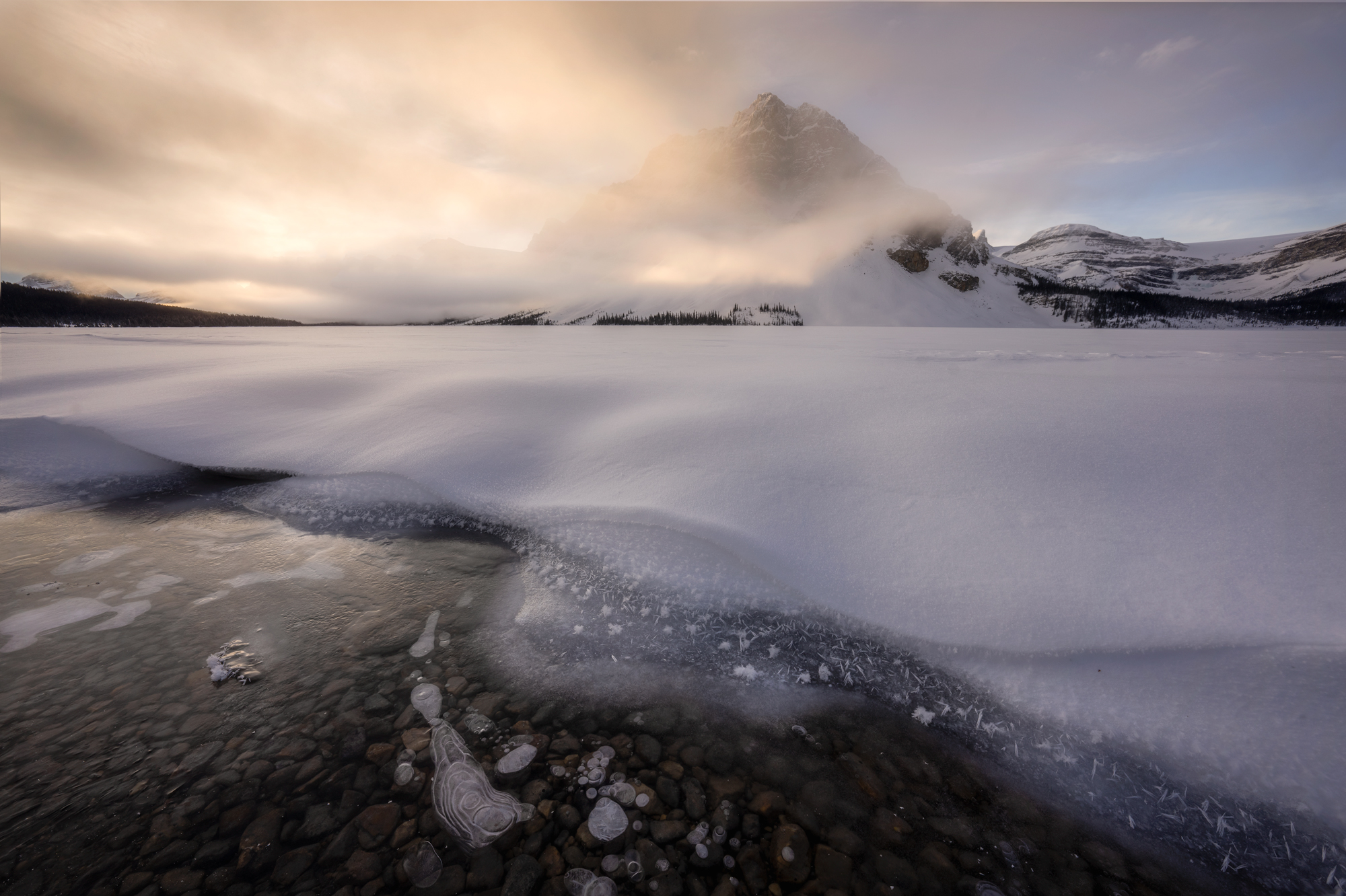
More Details
We have six nights and seven days to fill your memory cards! I have three dates available:
- March 2-8, 2025
- March 21-27, 2025 (2 spots remaining)
- March 29-April 4, 2025 (Sold Out! Join the waitlist)
My maximum group size is 10 participants.
The total cost of the workshop is $4595 USD. A $995 deposit is required to secure your spot.
*Deposits are non-refundable can can be credited toward another workshop if you cancel more than 30 days before the workshop start date.
About Me
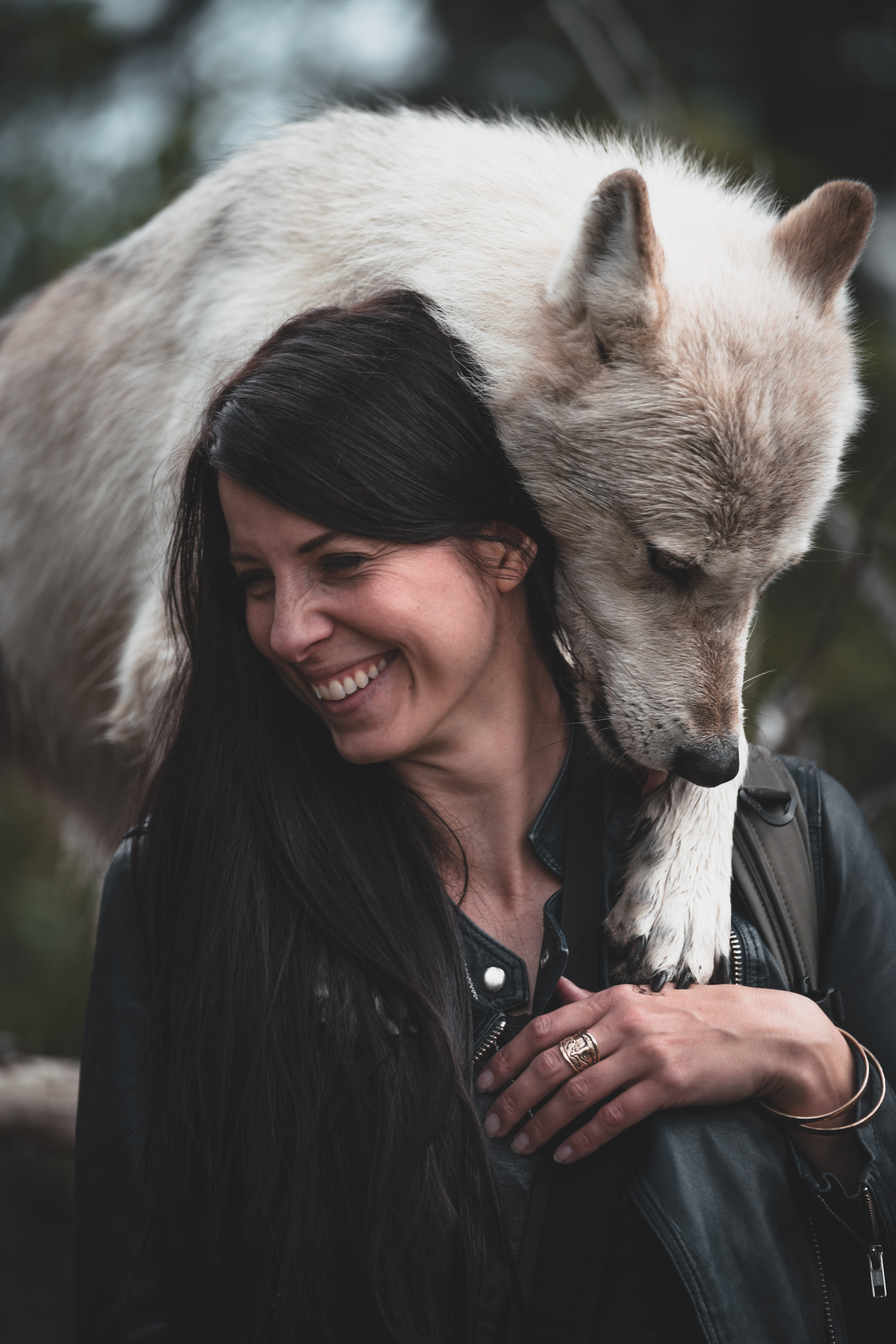
There is little that inspires me more than a sky full of stars! A few years ago, I embarked on a personal project to spend 100 nights under the stars. That project really opened my eyes to the incredible beauty of the night sky, in ways that I had never anticipated. I had always thought about night shooting as getting out on the darkest nights to shoot the Milky Way or aurora. However, I soon learned that moonrise and moonset can be completely captivating, that moonlight is an ally to capturing the aurora, and that winter nights are most captivating, even in the absence of the Milky Way core.
I am a passionate learner and educator. As a learner, I am constantly seeking out new opportunities to expand my skills. I am a certified hiking guide, andvAdvanced Wildness Medic, commercially licensed driver, and I have taken courses in Avalanche Safety, Glacier Traverse, and Crevasse Rescue. I am also a registered carrier with Transport Canada. As an educator, it is my goal to ensure you leave this workshop with the skills and confidence to shoot in any low light situation.
Please do not hesitate to contact me if you have any questions!
